Tag Archives cover crops

Cover crop benefits clear, but hard to identify with data
Researchers say Roots Not Iron project shows value of cover crops to soil health, despite no immediate increase in organic matter
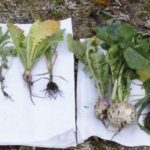
Maximizing nitrogen availability with manure and cover crops
Considerations for nitrogen availability timing in corn
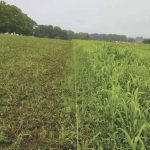
Temporary fencing for grazing cover crops
How two Ontario producers use fencing strategies to tackle rising feed costs
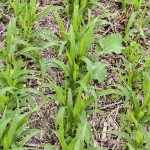
Can corn and cover crops work together?
Concerns continue about ‘planting green’ and when to terminate a cover crop

Multi-million-dollar fund greenlights soil health projects
Eight projects to push soil health practices will get funding for the next five years

New professorship to lead teaching and research in sustainable cropping
The Ontario Agricultural College chairholder will be supported by a $2 million gift from the Pick family

Farmers at the forefront of reducing GHG emissions
Sequestering carbon the best way to reduce emissions, according to new report
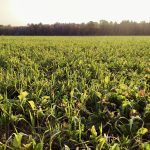
Managing cover crops ahead of the 2023 corn crop
OMAFRA Field Crop Report for the week of September 7

German seed company buys Prairie forage seed firm
DSV to take up full control of Northstar Seed
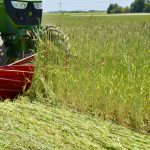
No-till organic soybean trials fall short on yield
Researcher says there’s still promise given the potential for time-saving on tillage

